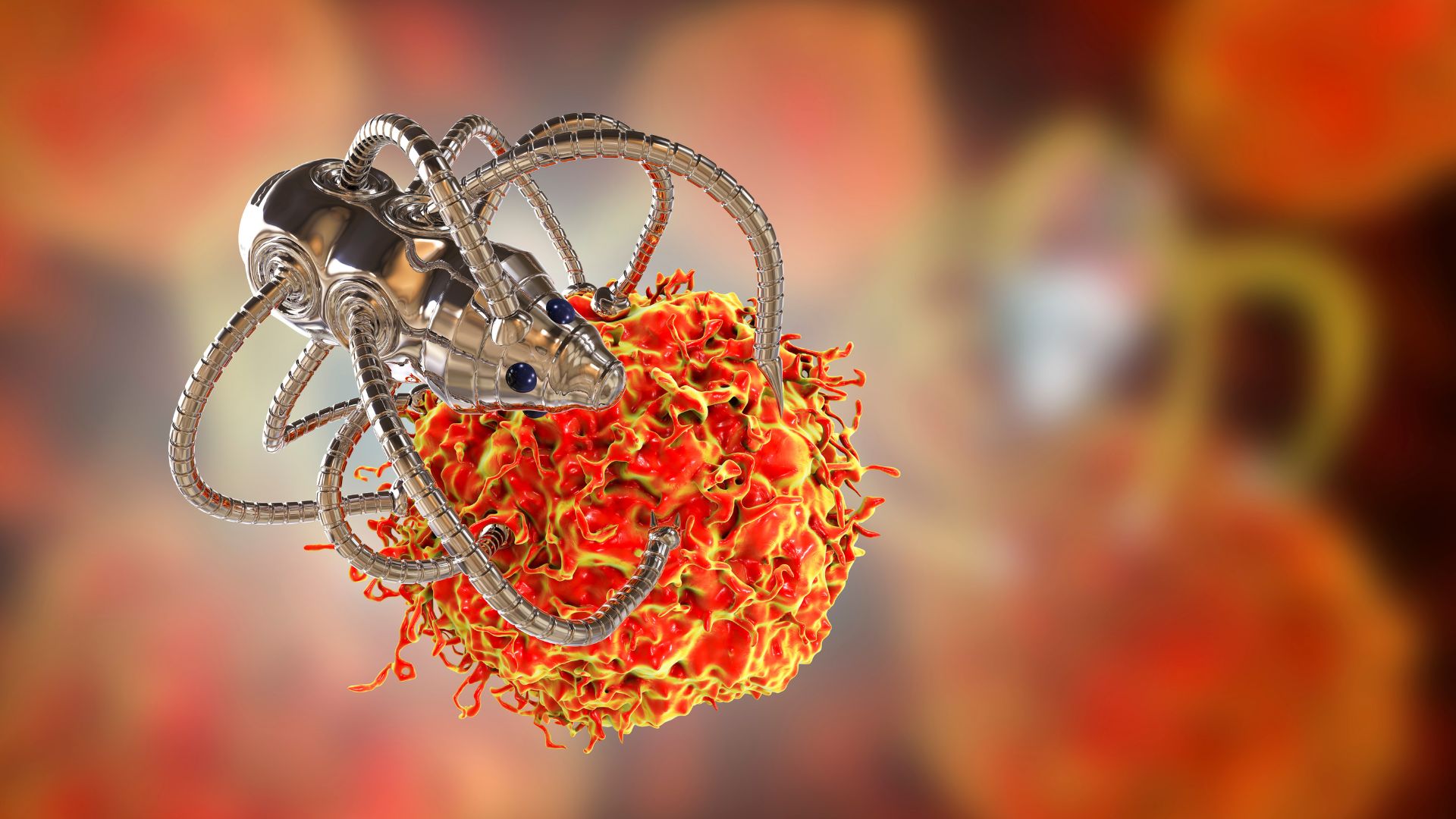Anorexic and Obese Brains Differ

Eating is one of the most important parts of life, but sometimes it seems to go horribly awry. Eating disorders like anorexia and obesity are deadly, and new research suggests that they may be due to faulty wiring in the brain.
"It is clear that in humans the brain's reward system helps to regulate food intake" study researcher Guido Frank, of the University of Colorado, said in a statement."The specific role of these networks in eating disorders such as anorexia nervosa and, conversely, obesity, remains unclear," though the recent study sheds a new light in the area.
Anorexia is an eating disorder where people intentionally starve themselves, sometimes to death, and seem to have a distorted view of themselves and a fear of gaining weight. Obesity, on the other hand, is when a person is incredibly overweight. Many causes have been suggested for obesity, including genetics, viral infections, and even chemicals in food, but most likely it's a complex disease with many different causes.
A new study published May 2 in the journal Neuropsychopharmacology, shows that reward circuits in the brain seem to be different based on a person's approach to food. These reward circuits send out feel-good signals to the body and brain in response to behaviors that will keep the individual alive and reproducing — like eating and sex.
The researchers used functional magnetic resonance imaging to examine brain activity in 63 women who were either anorexic or obese, and compared their brains to those of women considered "normal" weight.
Before the brain scans, participants were visually conditioned to associate certain shapes with either a sweet or a non-sweet solution. Then, they received the taste solutions expectedly or unexpectedly as the researchers monitored their brain activity. This task has been associated with brain dopamine function in the past.
The study found that these reward circuits are "sensitized" in anorexic women and "desensitized" in obese women. During these sessions, an unexpected sweet-tasting solution resulted in increased neural activation of reward systems in the anorexic patients and diminished activation in obese individuals. This diminished reward could be what drives obese people to eat and eat and eat, trying to satisfy their need to activate that reward circuit in their brains.
Get the world’s most fascinating discoveries delivered straight to your inbox.



